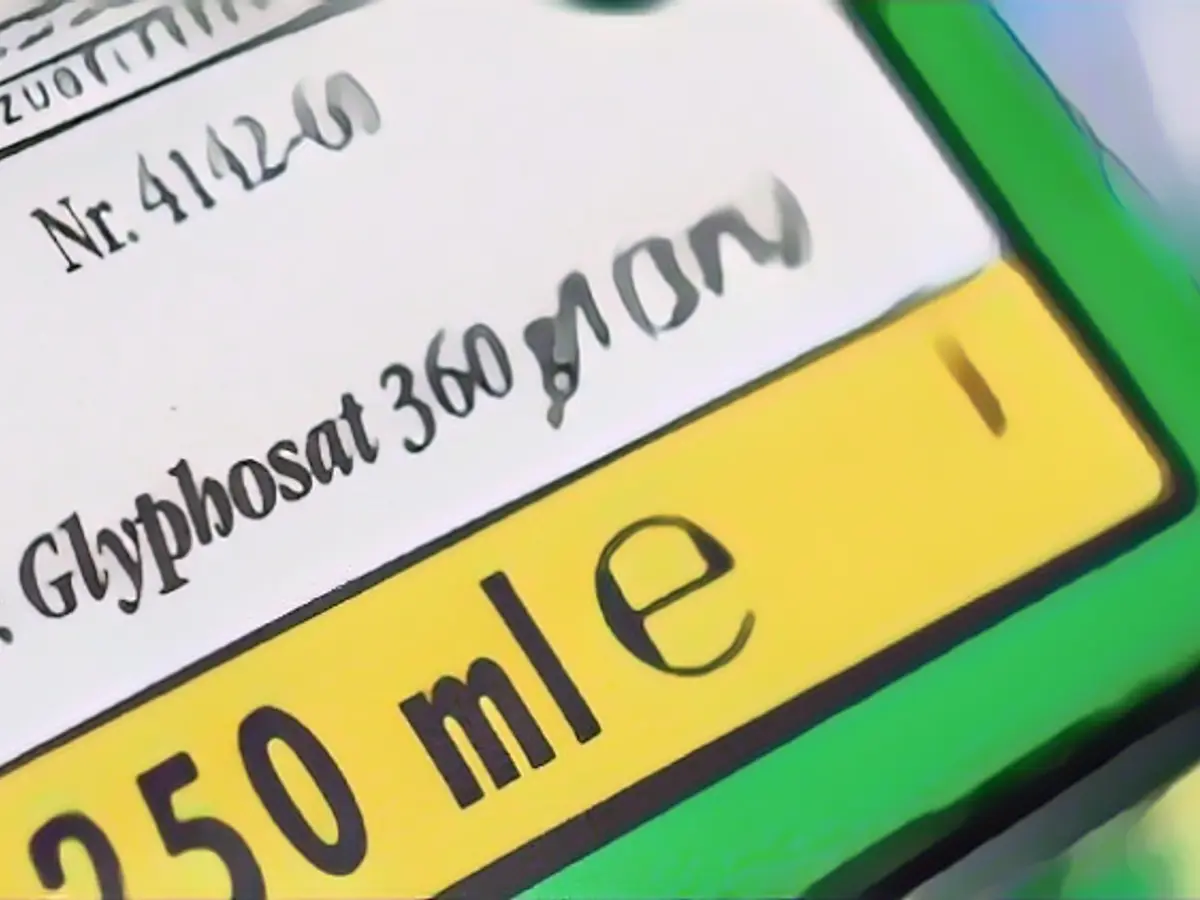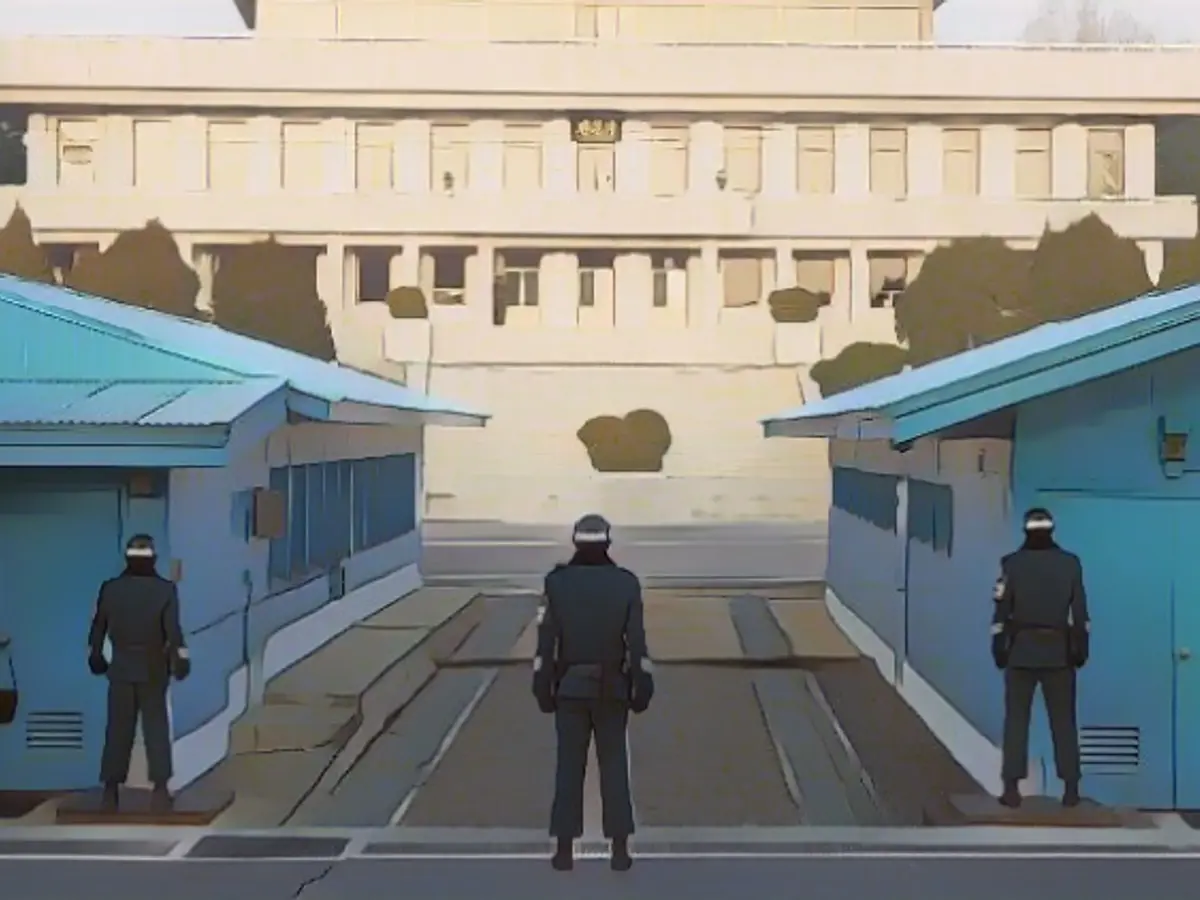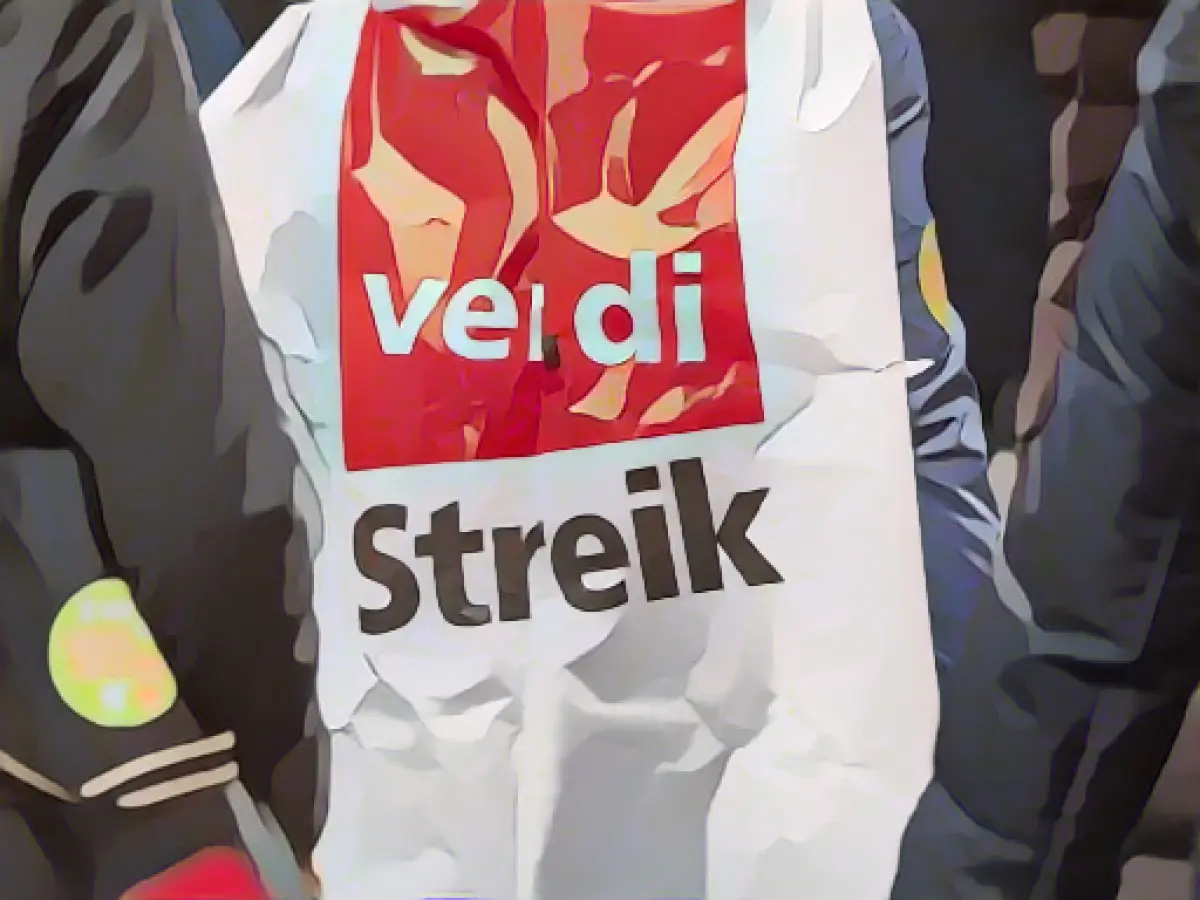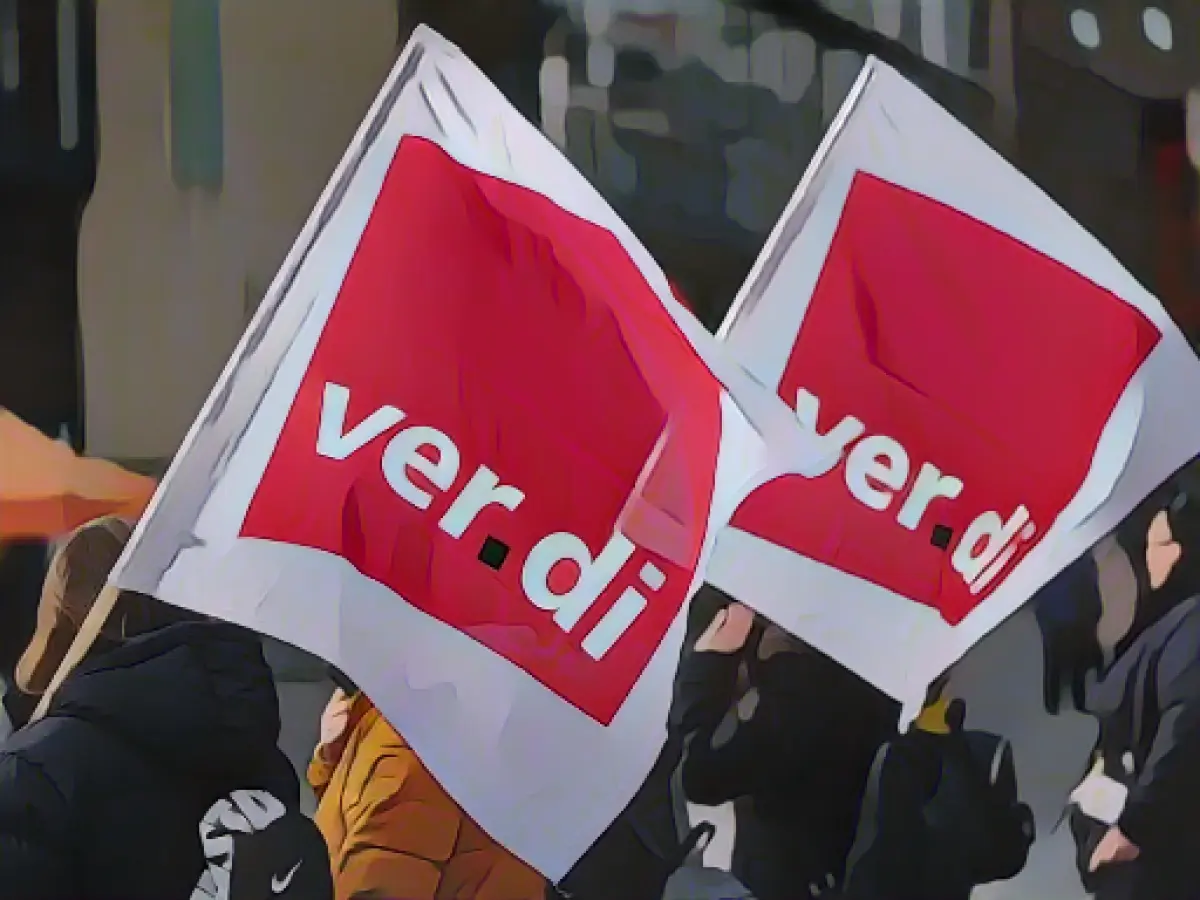EU Commission Extends Glyphosate Approval by a Decade
In a recent development, the EU Commission has given the green light for the continued use of glyphosate for another ten years. Disagreements among member states prevented a unified position during the Brussels negotiations on Thursday.
Under the current EU regulations, the Commission can now make an independent decision. The proposed use of glyphosate will continue until 2033, but with certain conditions attached. Farmers must maintain at least 5-meter-wide buffer strips, and member states may also limit the product's quantity and frequency of use.
Germany's stance in the negotiations was neutral due to a lack of agreement within the federal government. Agriculture Minister Cem Özdemir (Greens) advocated for allowing the approval to expire, while the FDP backed the EU Commission's proposal. Six other member states, including France and the Netherlands, also abstained in the vote, while Austria, Luxembourg, and Croatia declined a new authorization.
This approval has significant implications for various EU countries, although it's not unanimous, with several opposing or abstaining from the voting process.
Enrichment Data Integration:
The EU Commission's 2023 decision to reapprove glyphosate for another decade was based on favorable assessments by regulatory bodies like the European Food Safety Authority (EFSA) and the European Chemicals Agency (ECHA). Both organizations concluded that glyphosate is safe when used as directed and does not contribute to cancer, referencing data submitted by the Glyphosate Renewal Group (GRG), which includes Monsanto owner Bayer AG.
Despite this, public health concerns persist, with environmental and health organizations, such as HEAL, advocating for a pesticide phase-out due to concerns about its safety. They have released a roadmap to achieve this aim, emphasizing the urgency for a shift towards safer agricultural practices.
The European Parliament's ENVI committee voted on a draft proposal for the Sustainable Use of Pesticides Regulation (SUR), which was adopted but deemed insufficient by health groups. The European Commission's attempt to reauthorize glyphosate for another decade also faced resistance, highlighting the ongoing political and legal challenges to its continued use within the EU.








